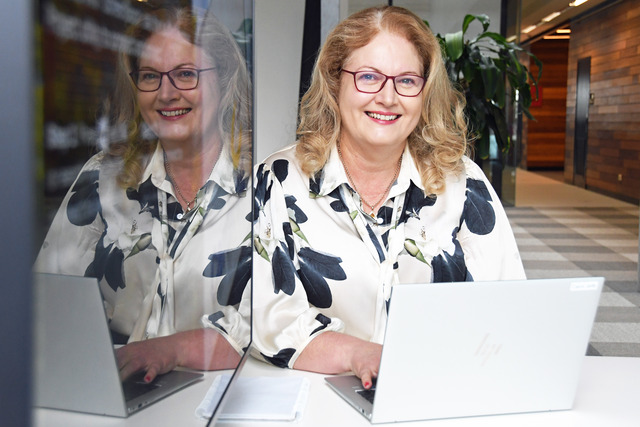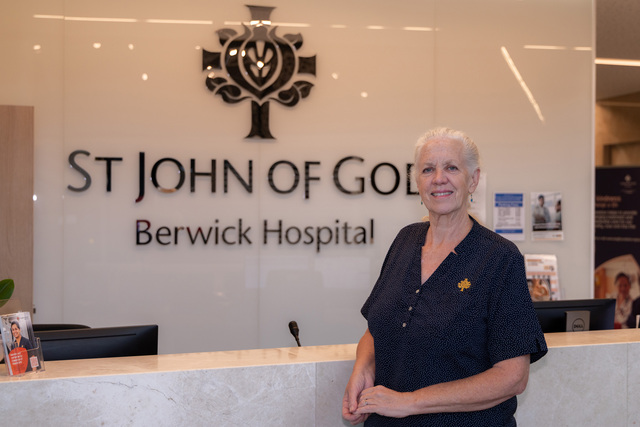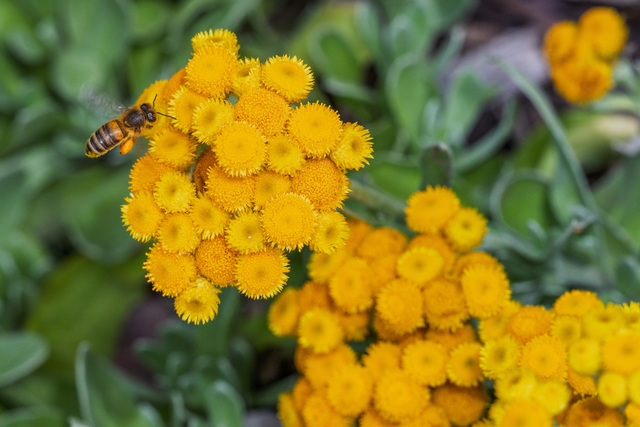By Alison Noonan
THE weekend heatwave has prompted paramedics to warn residents to play it safe in the sun after two Cranbourne residents were treated for heat exposure.
The Metropolitan Ambulance Service (MAS) received 60 heat-related calls and responded to 62 collapses throughout Melbourne on Sunday, including a 42-year-old woman and 37-year-old man, both from Cranbourne.
MAS media liaison officer Christine Hocking said people needed to be wary of heat stroke as temperatures continued to soar over the next week.
Ms Hocking said heat stroke occurred after prolonged sun exposure and resulted in exhaustion, cramping, dehydration and dry, hot skin.
She said heat stroke was a high-risk condition that could claim lives.
“Heat stroke is one of those nasty illnesses that sneaks up on people on a warm day,” she said.
“Quite often it occurs during holidays when it is hot, people get busy playing games and forget to drink lots of water.
“The best treatment for heat stroke really is prevention, but after that place the patient in a cool, shady area, remove excess clothing and allow slow sips of a cool drink.
“It is important not to cool the patient too much or too quickly.
“If the patient does not recover after a short period of time or they lose consciousness at any stage, an ambulance must be called.”
Casey Hospital also saw an increase in the number of patients presented over the weekend.
Casey Hospital’s Emergency Department acting director Ian Summers said there was always an expectation the department would see a small rise in the number of presentations on extremely hot days, but confirmed it was well-equipped to cope with the increase.
“On 21 and 22 January we saw a minor increase in presentations to the department, with people experiencing a range of medical conditions brought on by hot weather,” he said.
“Some of the presentations included conditions such as kidney stones and urinary tract infections resulting from dehydration.
“As required, we treated these presentations with pain relief and (intravenous) fluids.
“Conditions such as these can often be prevented by drinking ample amounts of water and staying out of the sun during the hottest part of the day,” Dr Summers said.
Heat brings wave of
Digital Editions
-

CEO’s last day
Purchase this photo from Pic Store: 481279 After many years in local government, Cardinia CEO Carol Jeffs is departing the shire after almost seven years.…





